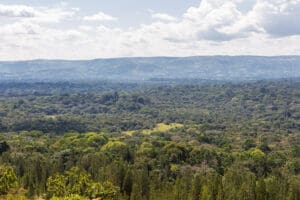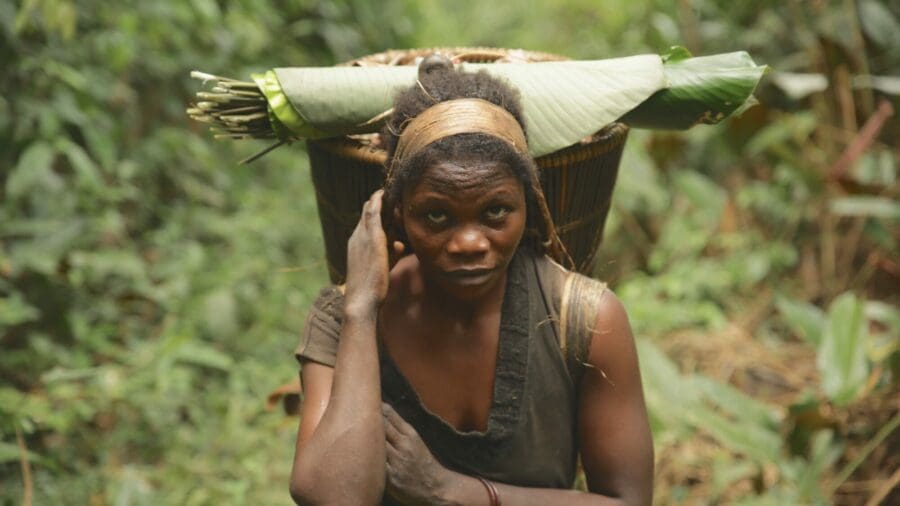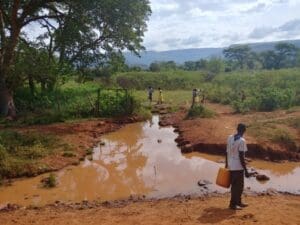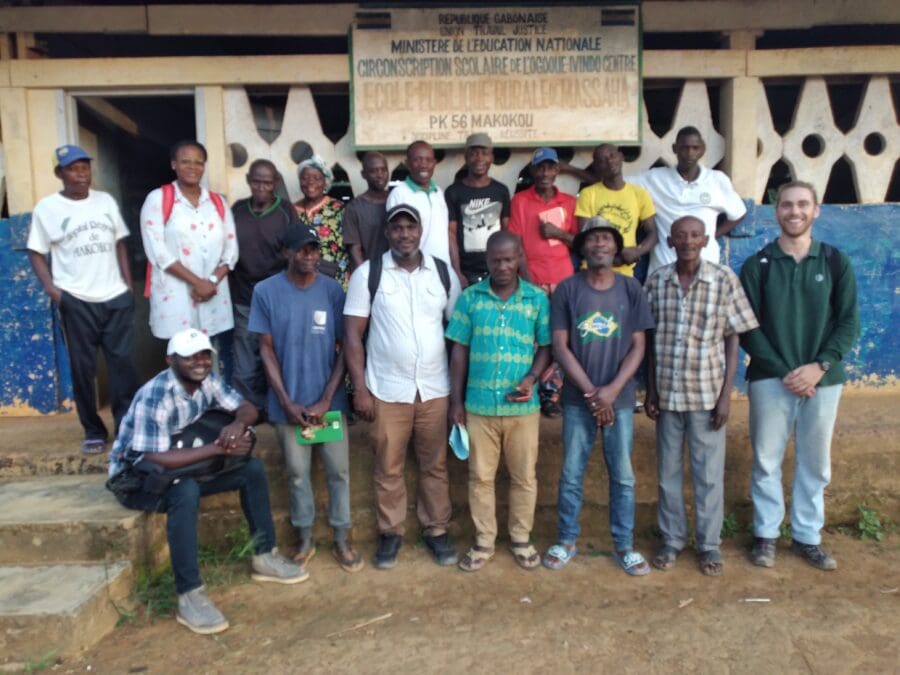On November 12, 2024, at the African Court on Human and Peoples’ Rights (ACtHPR) in Arusha, Tanzania, the Indigenous Ogiek of Mau had to endure yet more abuse at a hearing convened to review the progress made by the Government of Kenya in implementing the orders set out in its Reparations Judgment of June 2022.
These ranged from an Order to publish the official English summaries of the 2017 merits and 2022 Reparations Judgment in the Official Gazette and in the national press by December 23, 2022, to an Order to restore the Mau Forest Complex to the Indigenous Ogiek of Mau as the remainder of their ancestral home, through the issuance of collective land titles to their sub-communities. Severally repeated was the Order to effectively consult the Ogiek on all development, conservation, or investment projects and ensure their full participation in all matters that affect them.
The Order to restitute Ogiek land was further empowered by the Court’s merits judgment in 2017, which could find no evidence that the Ogiek were to blame for the massive loss of area and degradation of blocks making up 273,000 hectares of the Forest Complex. After all, this forest domain has been in the hands of forest departments since 1932 and in the hands of the state agency, Kenya Forest Service, since 2006.
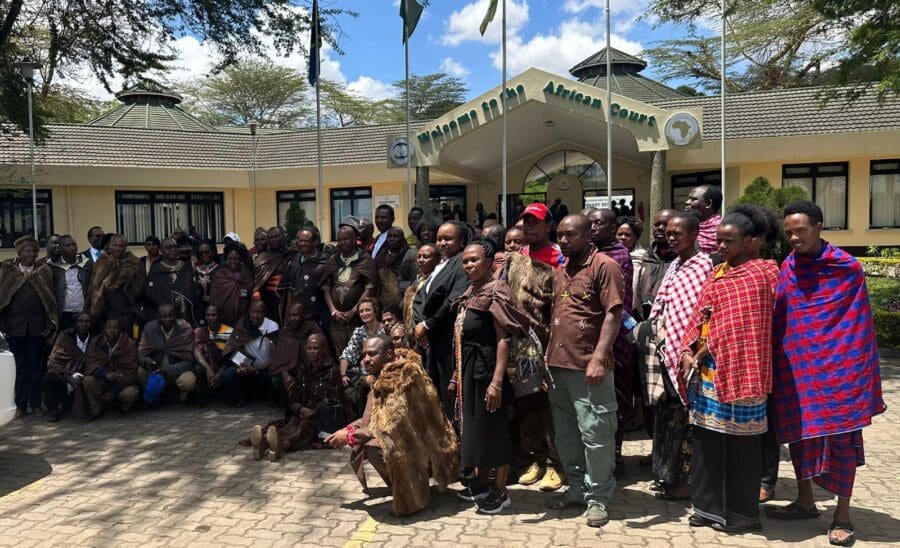
The compliance hearing was already delayed by over 12 months because the Government of Kenya had not filed their report. (The Reparations Judgment stated that it would hold an implementation hearing 12 months after the June 2022 Judgment and after the government had filed a report on steps taken to implement the ruling.) Despite reminders of the new date, the three legal counsels for the State appeared before the Court on November 12, 2024, only to announce that the State seeks a delay of an additional three months.
This was not entirely surprising as the Respondent State had failed to make the required written submissions. However, as Courts prefer to hear both sides before ruling, the Kenyan Government’s inability to give timely notice of its intentions was a blow to the 11 judges of the African Court who had gathered from around the continent to conduct the compliance hearing; the African Commission (ACHPR), acting for the Ogiek with several commissioners and its full legal team in attendance; the original applicant for the Ogiek, Minority Rights Group International; and last but not least the 55 Ogiek representatives who had travelled at considerable cost to attend the hearing.
The Ogiek, represented by the ACHPR legal team, were ready to demonstrate that to date there has been no implementation of the Court’s orders of June 2022. In addition, there is ample evidence available in the public domain showing that the Order requiring non-repetition of listed violations of the Banjul Charter had been broken, principally in the form of an eviction initiated on November 2, 2023, of one of the Ogiek communities from its ancestral territory. This included burning of their houses, possessions, and felling of some of their trees.
This is where the Senior State Counsel appeared to play with the truth. He told the Court that the Government of Kenya was not aware of any eviction. How then, the Ogiek and their advocates pondered, were the on-site press reports and photos of houses being burned obtained? How could so many Ogiek tearfully produce accounts of what they had endured, their children no longer able to attend school, fleeing with their meagre possessions, and receiving hand-outs of food and blankets from charities? The denial seemed disingenuous.
The Senior State Counsel claimed that planning for the implementation of the Court’s Orders was well underway, and all it needed to do was secure the approval of President William Ruto’s Cabinet to finalize and submit its report to the Court within three months.
How, those in the Court pondered, could it achieve this over the holiday season when so many civil servants are on leave? Additionally, had the State perhaps forgotten that it was legally bound by the Court’s orders to engage and ensure the full participation of the Ogiek in such planning? Finally, on what grounds did the Government of Kenya believe it was sufficient to return to the African Court with a plan of action in hand? The tangible directives of each of the Orders should have been implemented by now.
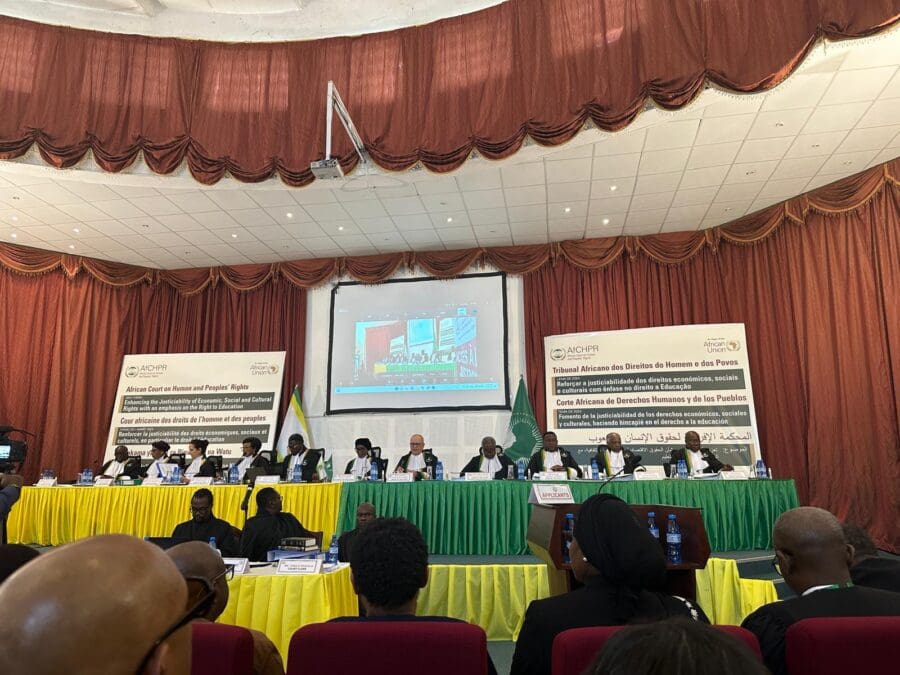
It was a sad experience for those attending the Court. As one Ogiek observed, “We were reminded today [that] this government cannot be trusted.”
As an informally interested party,* I have to agree. Worse still, that broken trust is being burdened by the fear that “eviction season” is nigh (December—January) when, they and other hunter-gatherer communities have learned, evictions typically occur. My guess is that the Ogiek will be sure to fully document every eviction attempt, should these occur. Meanwhile, the African Court is unlikely to meet before its mid-year session in 2025.
Nevertheless, Ogiek leaders and advisers are determinedly demanding meetings with State actors to advance their role in defining the government’s “plan.” So far, the Ombudsman has been helpful.

